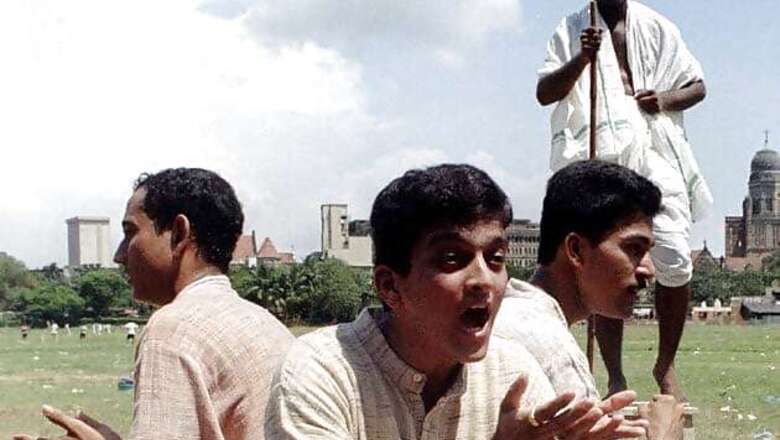
views
Chennai: Staging of plays will now be hassle free for theatre enthusiasts in Tamil Nadu, as Madras High Court declared today that staging of plays does not require any sort of police permission and it also explained that some provisions of the Tamil Nadu Dramatic Performances Act, 1954 were unconstitutional.
N V Sankaran alias Gnani of a theatre group named 'Pareeksha', in its petition, sought to declare provisions of the Tamil Nadu Dramatic Performances Act, 1954 (Act No.33 of 1954) as unconstitutional and void, further adding, that whenever a play is put up in a theatre, the script of the play has to get prior clearance from the Commissioner of Police, if it is to be performed in the city of Chennai, in order to determine that there is nothing objectionable in the content of the plays.
The managers of the theatre halls also require the petitioner to get permission from the Commissioner of Police, and two copies of the script has to be submitted three weeks prior to the date of performance, of any play or drama. Vesting such discretion at the hands of the Commissioner of Police, who is neither an artist nor has the aesthetic sensibility to judge whether the play is objectionable, is clearly uncalled for, he said.
According to the petitioner, the Act was a relic of colonial rule in India which promulgated the Dramatic Performance Act 1876, to regulate the theatre scene in India.
Advocate General A Navaneethakrishnan in his counter said, that, "If an erroneous order was passed by the authority concerned, the act also provides for an appeal to the High Court, which will cure the defect, and sought to dismiss the petition." He also stated on instructions that the matter will be immediately referred to the opinion of the Tamil Nadu Iyal Isai Nataka Mandram by amending the rules.
After hearing the arguments from both sides, Justice K Chandru, in his order, said, "This court is of the opinion that the definition under Section 2(1) defining "objectionable performance" is too vague to be brought within the restriction of Article 19(2) of the Constitution.
The power conferred on the State Government under Section 3 as well as to the Police Commissioner / District Collectors under Section 4 is too wide and highly discretionary. Therefore, it cannot be held to be constitutionally valid and hence it is violates Article 14 of the Constitution.

















Comments
0 comment